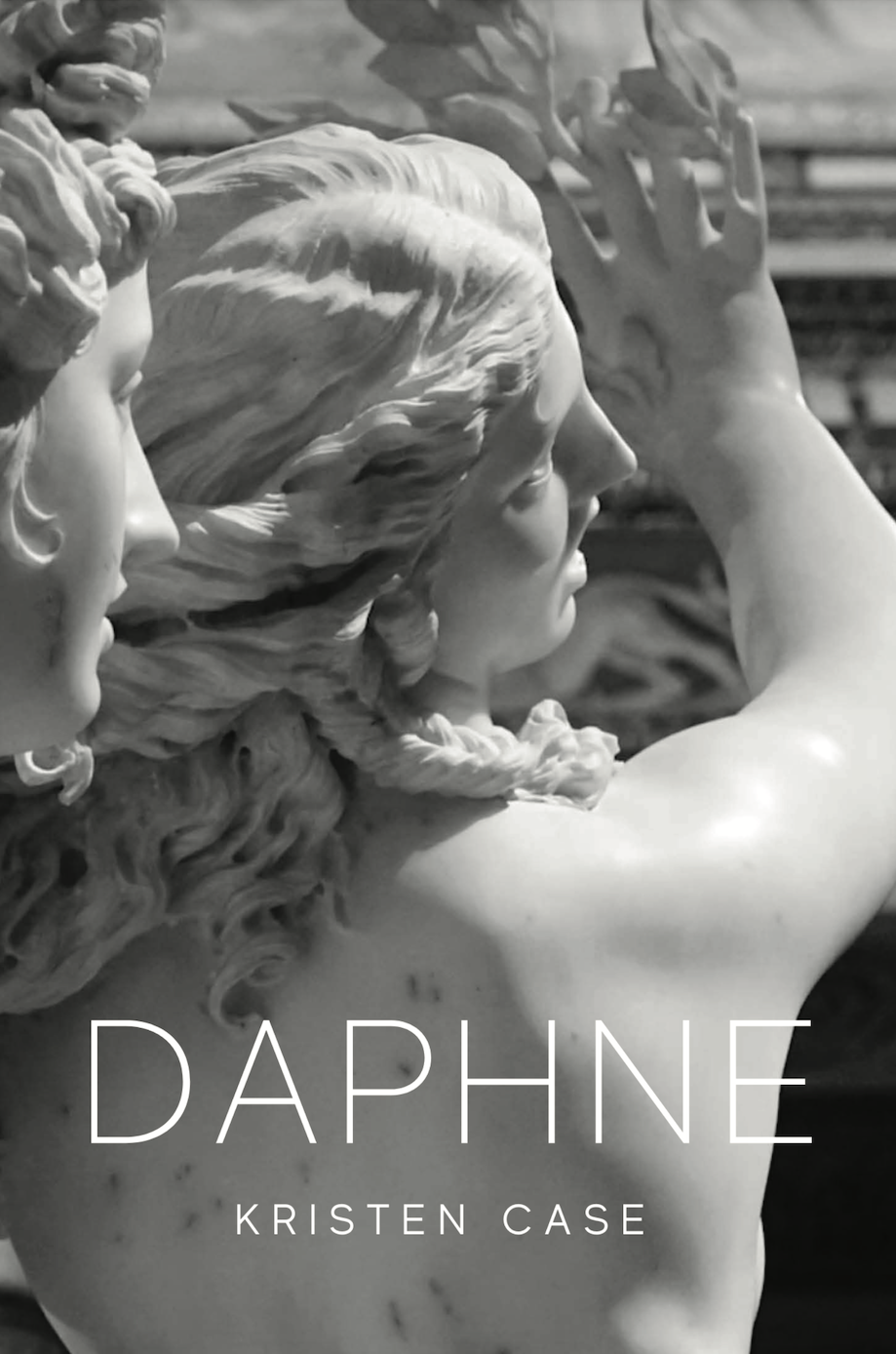A TUPELO PRESS SUMMER OPEN READING PERIOD SELECTION
About the Author
Kristen Case lives in Maine. Her first poetry collection, Little Arias, was published by New Issues in 2015. Her second collection, Principles of Economics, was published by Switchback Books in 2018. She won the Maine Literary Award in Poetry for both collections. She is also the author of scholarly essays and books on American literature, most recently Henry David Thoreau’s Kalendar: Charts and Observations of Natural Phenomena (Milkweed Editions, 2025).
Advanced Praise
What does tradition afford the figure eclipsed or possessed by its foundational gestures? Drawing on sources as diverse as the haunting myth of Daphne and Apollo and Ludwig Wittgenstein’s On Certainty, Kristen Case engages the Western tradition to examine the way violence disrupts and yet paradoxically unleashes understanding, illuminating the ways that knowledge is inextricably tied to experiences of both beauty and brutality. The recurring refrain from Wittgenstein’s lover, “I long to be with you in any open space,” serves as a poignant motif throughout the collection’s brave yearning for connection that transcends predatory impulses. Daphne’s tonic utterances make way for such an opening. —Karla Kelsey
Illuminated by a daring and brilliant “alphabetical light,” Daphne by Kristen Case reveals “tree-life” as a “shivering and light-saturated language,” one where “possibilities of leaf-light are layered into a picture of infinity.” Dazzlingly erudite and intimately lyrical, Case’s poems embody a philosophy of desire within the embrace of the human imagination, one where the poet reconfigures trauma and memory. Daphne also explores the artistic realm of ekphrasis in an astute reading of Bernini’s statue of Daphne and Apollo while engaging in thoughtful dialogue with sister poems like “Ode on a Grecian Urn” by Keats: “Beauty is truth, truth beauty.” Offering notes on classical aesthetics interwoven with gorgeous seaweed wrack “inking” the Maine coast, this tree-lined book of laurels offers the radiant, mythological transformations of our daily lives: “In the moment love is consumed by its machinery, personhood slips out and seals itself in wood.” —Karen An-hwei Lee, author of The Beautiful Immunity and Phyla of Joy
A refrain piercingly thrills its way throughout the entirety of Kristen Case’s newest collection, “I long to be with you in any open space,” though she didn’t write those words herself. Their source is a letter from Francis Skinner, lover of Ludwig Wittgenstein, the philosopher who feared that an erotic life forsook a truthful one. That plaintive sentence returns us over and again to the touchstone cares of Daphne’s crisis: Eros and Void, longing and open space. I mean simply to suggest that Kristen Case is at work in a kind of first-philosophy, which is now as it has always been, also a first-poetry, and the primary tenets of her concern are the very mythological fundaments that occupied Hesiod, Parmenides, and Empedocles. Case reminds us, as a genuine poet must, that we have yet to resolve the oppositions of our nature: mind and body, soul and thing, voice and void. In doing so, she traces lyric’s ravished eons in which violence and love bewilderingly interpenetrate, from Daphne and Apollo, to Keats and the Grecian Urn. How intimate thought is in the body that holds the thinking, how intricate the voice that sings of woundedness out the wound that is the mouth. In essays that wild into lyric, in lyrics that assay her own experience, we find a book skeptical of the traditions it also believes in, such is the crux of being in the penetralium, where eros is also epistemology. —Dan Beachy-Quick
Format: Paperback
Published: June 2025
ISBN: 9781961209206

